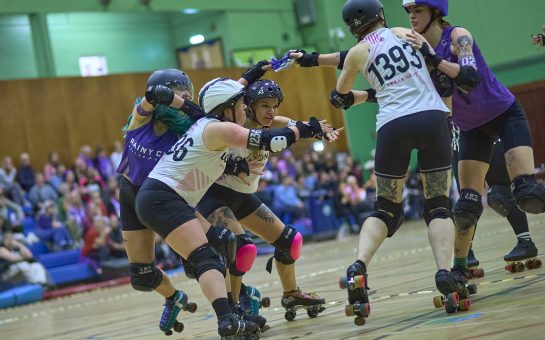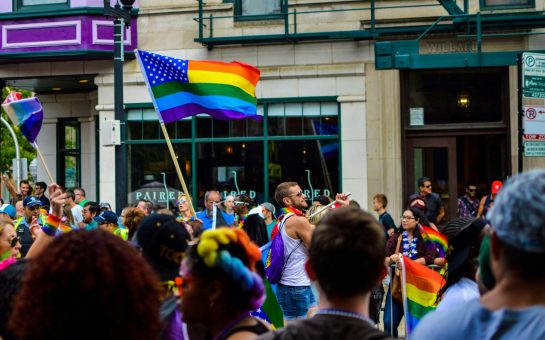An aristocratic woman in her mid-50s steps out of the shadows and says: “I am Diana. I faked my own death.”
You almost believe her but then a drag queen and an angry young man also make the same claim. Perhaps none of them are Diana, or, all of them are?
This is what national playwright Stephen Hornby’s new play Die Diana is about: a dark comedy exploring the conspiracy theories surrounding Princess Diana’s death, almost 20 years since.
“I was reflecting back to 1997 and the mood around her death and trying to understand it,” Hornby told MM.
“Wondering what we all collectively felt about the outpouring of grief we had at that moment. Whether looking back we thought it was a genuine thing, whether we felt a little bit embarrassed, some people feeling like they’d overreacted.
“So I thought maybe the way to explore this was the fact that she didn’t die. So you literally just bring her back to life.”
The story is about three very different people who each claim to be Diana – an aristocrat in her 50s called Princess Dee, a drag queen called Die Anna and the third one’s just called Dee.
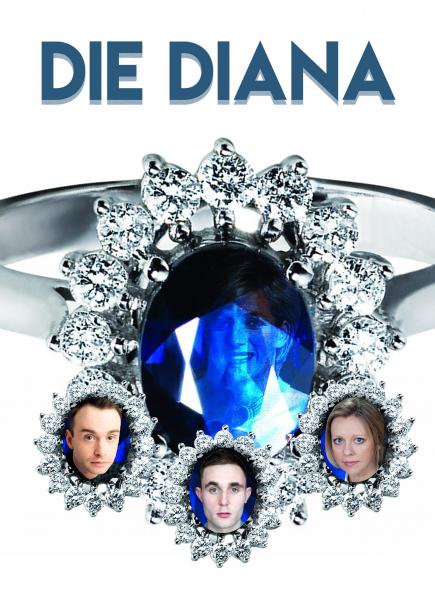
BACK TO LIFE: Stephen Hornby explores what it would be like if Diana had not tragically died in 1997
Hornby, a 47-year-old producer and director for independent production company Inkbrew, wrote the script for the Greater Manchester Fringe Festival next month.
He said that with the 20th anniversary of her death coming up next year, he wanted to explore the idea of what could have been Diana’s story during the last two decades had she lived.
He also wanted to give the real Diana some intelligence and agency, asking, ‘Why shouldn’t she be smart enough to fake her own death to escape the constant media harassment?’
“If anyone on this planet had a reason to escape being a celebrity it was Diana,” he said.
“I felt she’d always been treated as if she didn’t have any power, as if she couldn’t make choices and if she wasn’t actually in lots of ways quite sophisticated and quite cunning in how she behaved.
“I was keen that this wasn’t someone who was presented as a hapless victim, but someone who had a lot of control and made deliberate choices.”
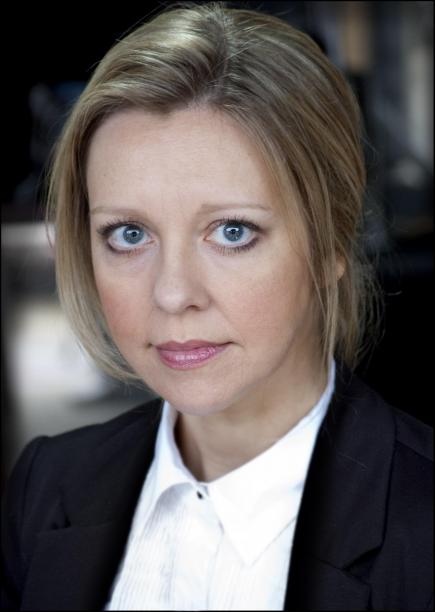
SOPHISTICATED AND CUNNING: Hornby lauded Emily Hepworth’s credible performance as the ‘aristoractic’ Diana
The first version is called Princess Dee, the ‘aristocratic’ mid-50-year-old Diana played by Emily Hepworth, who Hornby describes as the most credible in the way she looks and the story she tells.
But keen to escape the danger of this becoming an ‘alternative universe bio-pic’, he brought in two more characters to claim they were also Princess Diana.
Die Anna, played by Manchester’s leading drag queen Dan Wallace, aka Anna Phylactic, steps out to tell her story.
“I liked the irony that after [Die Anna] contrived her fake death she had to adjust to life as an ordinary person – but can’t find a job as a look-a-like as she’s deemed not to look enough like herself to actually get the job,” said Hornby.
The character becomes a drag version of herself and cleverly represents the face of Diana in her seminal movement to de-stigmatise HIV/AIDS in the 80s.
During the height of what national writer and resident for LGBT Gay History Month Hornby describes as a ‘massive health crisis for gay men at the time’, Princess Diana actually visited Soho’s pinnacle drag venue Madam JoJos dressed as a man with Freddie Mercury.
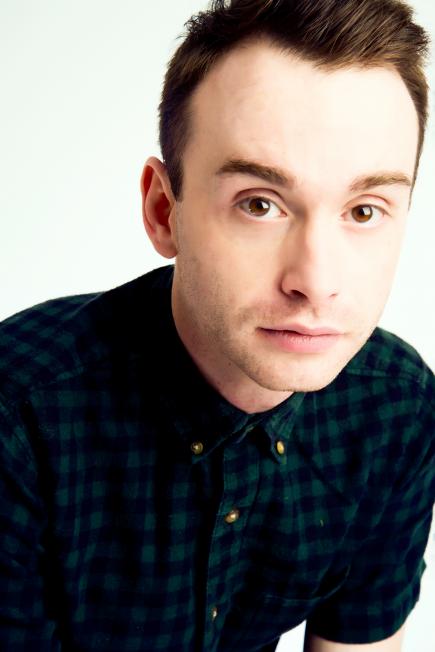
FAKE DEATH: Manchester’s leading drag queen Dan Wallace, aka Anna Phylactic, struggles to adapt to normal life after staging Die Anna’s demise
“That was one of her famous nights out in disguise,” said Hornby.
“She went in as a boy – a drag king if you like – trying to pass herself off as a young gay man and completely succeeded.”
The third character, Dee, played by Ciaran Wilson, explores the perhaps less well known side to the Princess.
In a move to grasp the darker side of Diana’s history of mental illness, Hornby watched a series of interviews about Diana’s voice tutorials never before screened in the UK.
What he saw was compelling.
“This guy tells her the reason your voice is [high] is because you don’t want to be heard. No-one’s ever heard your true story so you need to tell it to me and you can video it.
“You watch these videos and it’s her speaking directly to the camera. And she tells you she’s been quite violent to different family members at different points and she speaks out about that.
“And I imagined that if you took all those interviews and anger and you pushed them further than they were and put them all together you could end up with someone who might have, in different circumstances, ended up being sectioned for some of those behaviours.”
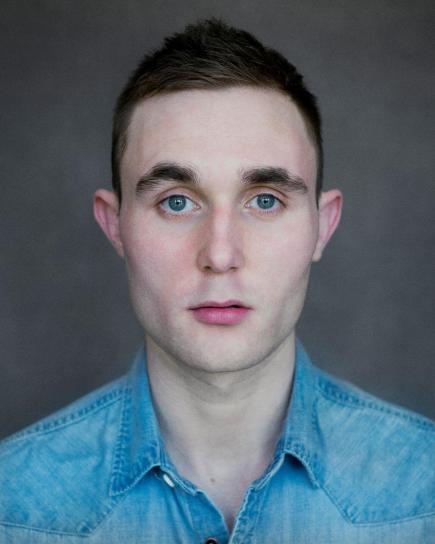
THE DARK SIDE: Ciaran Wilson plays Dee, who gives a compelling account of Diana’s history of mental illness
Hornby said that as you move through the changes of each character the story becomes more credible and more factual.
He hopes that this is the idea that the audience will take away, and that we’ll never really know who she really was, what she was really about.
“When you read more about her you can see that sections of her life are about her going on different journeys to try and discover who she is even to herself,” he said.
“What she’s doing throughout the three different characters tells you something about someone’s life that’s full of comedy, drama and tragedy.
“I think it will be a really compelling show from that point of view.”
Die Diana will show at Bandit, Mugger and Thief on Manchester’s Canal Street from June 29-July 6 as part of the Greater Manchester Fringe Festival. To book tickets visit https://www.ticketea.co.uk/tickets-theatre-die-diana/

